Vaccine Passports: Preston nightlife venues react to Government U-turn
and live on Freeview channel 276
Plans to introduce vaccine passports in England for nightclubs and other crowded venues were scrapped over the weekend, in the latest of the Government’s coronavirus U-turns.
Requiring revellers to show proof they have had two doses of a Covid-19 vaccine would have posed 'significant challenges' for the sector as it continues to bounce back from stringent lockdown measures imposed on them until earlier this year, bosses have said.
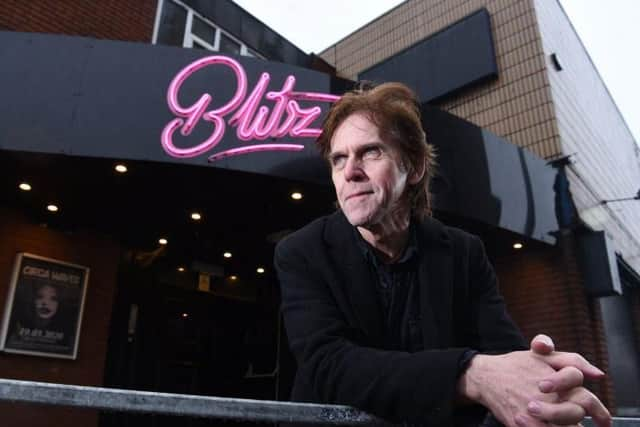

Advertisement
Hide AdAdvertisement
Hide AdThe Nighttime economy adviser for Greater Manchester, Sacha Lord said he was ‘pleased the Government had listened to the nightlife industry’ and dropped passport plans.
And nightlife bosses in Preston are among those also welcoming the scrap, as they believed that it would have been difficult to enforce despite it 'seeming like a good idea'
Pete Alexander, the owner of the Blitz Nightclub, on Church Row, said venues would face challenges putting measures in place to police the passports if introduced and that it would often mean turning away paying customers.
Since nightclubs reopened their doors without restrictions on July 19, Pete said it has been busy, with many gigs completely sold out.
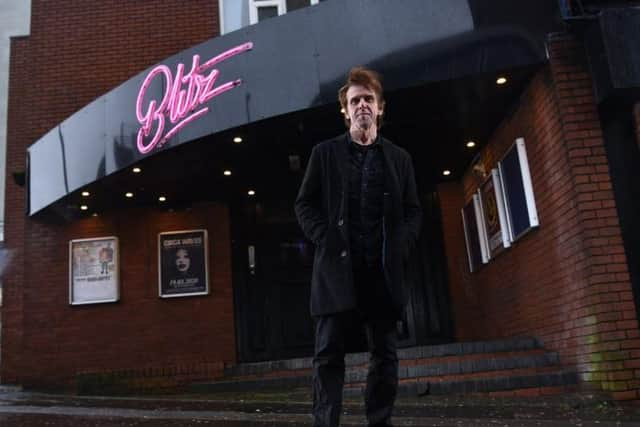

Advertisement
Hide AdAdvertisement
Hide AdHe said: "On the surface, the vaccine passports seemed like a sensible idea because it makes it an easy way to determine who can come into a venue, but it would not have worked so easily in practice.
"It feels like a bit of a relief that they aren't being brought in because we didn't know much about them, there was no clarity and venues need time to prepare to put measures in place.
"At the moment, we are asking people to do a lateral flow test the day before they come out and asking people to stay at home if they have any symptoms - but this is very hard for us to manage and there are just no ways for busy venues to police this.
"The Government had been playing with the idea of the passports and I know it hasn't been completely ruled out in the future, but after such a difficult year venues need more clarity. We didn't know what the criteria were for venues needing to ask for proof of vaccinations so couldn't begin to plan or put any measures in place.
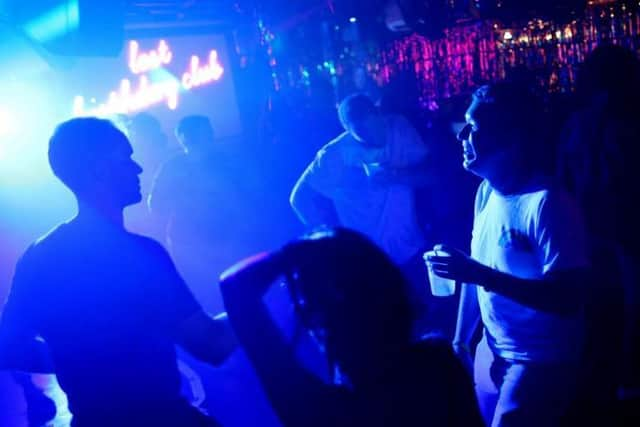

Advertisement
Hide AdAdvertisement
Hide Ad"It would have impacted different venues in different ways. For our nightclub, we would have been asking people over 18 for their passports, but we also have music performances and concerts where many of our ticket holders can be as young as 14 or 15, many of which haven't had their jabs.
"This is why it would not have worked the same for every venue, because as a live music venue it would have been a major issue and it would mean turning away potentially hundreds of paying customers with tickets and being left with an empty venue.
"Like the rest of the world this is nothing this sector has ever seen before, all we can do is our best to put measures in place make sure our customers feel safe, people need to take their own responsibility."
It was thought that passports could have brought more uncertainty for businesses, such as nightclubs and music venues, who have been left confused over whether or not they need to prepare for them.
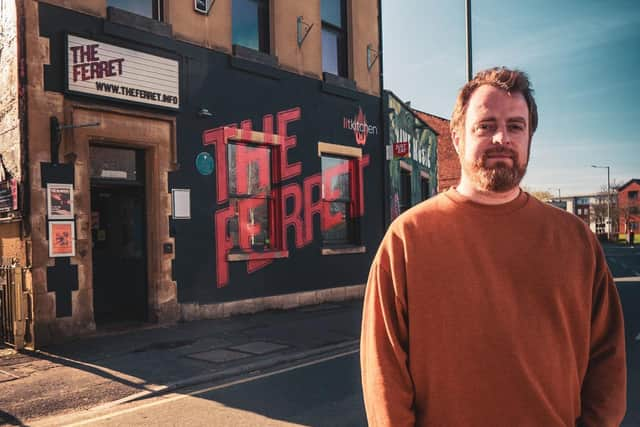

Advertisement
Hide AdAdvertisement
Hide AdThe Music Venue Trust (MVT), which supports and represents grassroots music venues, said the vaccine passports would not have improved safety, describing the plans as “problematic”.
Matt Fawbert, manager at popular Preston music venue The Ferret, said that introducing passports would have been complex as nightlife venues are still recovering from a challenging 18 months.
He added: "It is going to be easier to not implement the passport, but either way we would have welcomed anything that would make people safer and help stop the spread of Covid, especially at our venue.
"It would have been very challenging, because many venues are often multiple-use, such as a bar, a club and a music venue, which would have made it difficult to implement a blanket passport rule across all venues.
Advertisement
Hide AdAdvertisement
Hide Ad"We are aware that there are people who would have wanted the passports to be introduced because they may be vulnerable or felt safer around other vaccinated people but there are equally people who may not have yet been vaccinated or want to get the jab.
"We have got to cater to people who want to come out in the evening to events because it is our business. We are asking people to take their own responsibility and do what we can to ask people to take tests before they come out to gigs as it seems to be the most effective way.
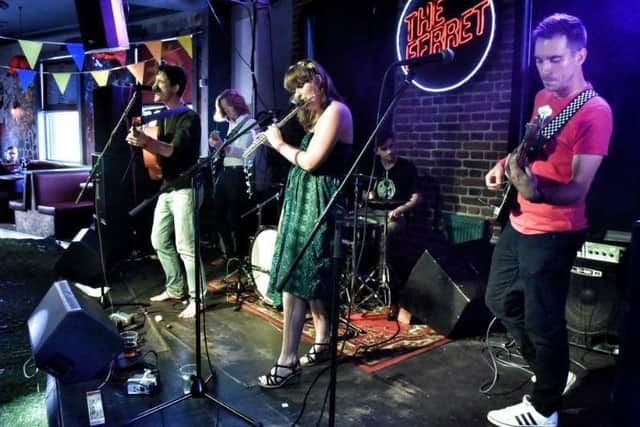

"All we can really do is expect people to look out for one another and ask people to be as safe as they can. People are going to be excluded either way, and turning people away is not a good position for any venue, especially after the pandemic.
"Since reopening without restrictions it has been really positive and we have had many great events, but there are still numbers of ticket holders not showing up and fewer walk-ins than there used to be, so we still aren't running at full steam.
Advertisement
Hide AdAdvertisement
Hide Ad"I would say it is good that the plans have been scrapped for passports because I just don't think it would have realistically worked across various venues of different types and would have been a struggle. I welcome the news but I am aware it will exclude people who may not be comfortable."
Michael Kill, chief executive of the Night-Time Industries Association (NTIA), also welcomed the decision nationally, saying: “Following an intense political and public campaign, we welcome the comments from the Health Secretary regarding the Government’s decision to scrap the planned mandate of Covid passports from the end of September.
“We hope that businesses will now be able to plan for the future with some degree of certainty, regain confidence from customers and the workforce, and start to rebuild a sector that has consistently been at the sharp end of this pandemic."
A spokeswoman for the Music Venues Trust charity said: “The double-vaccine certification programme proposed by the Government contained a number of challenges around deliverability, practicality, equality and potential discrimination.
Advertisement
Hide AdAdvertisement
Hide Ad“Our issue with double vaccination certification as a sole requirement of entry was that it was highly unlikely to achieve improved safety above and beyond those measures already in place and highly likely to create a two-tier night-time economy which divided venues and customers.
Prime Minister Boris Johnson has since said ministers will work to “avoid vaccine passports, if we possibly can”, after the Government shelved plans to introduce them this month, but said the idea will remain ‘in reserve’ should cases rise.
Thanks for reading. If you value what we do and are able to support us, a digital subscription is just £1 per month for the first two months. Try us today by clicking here.
